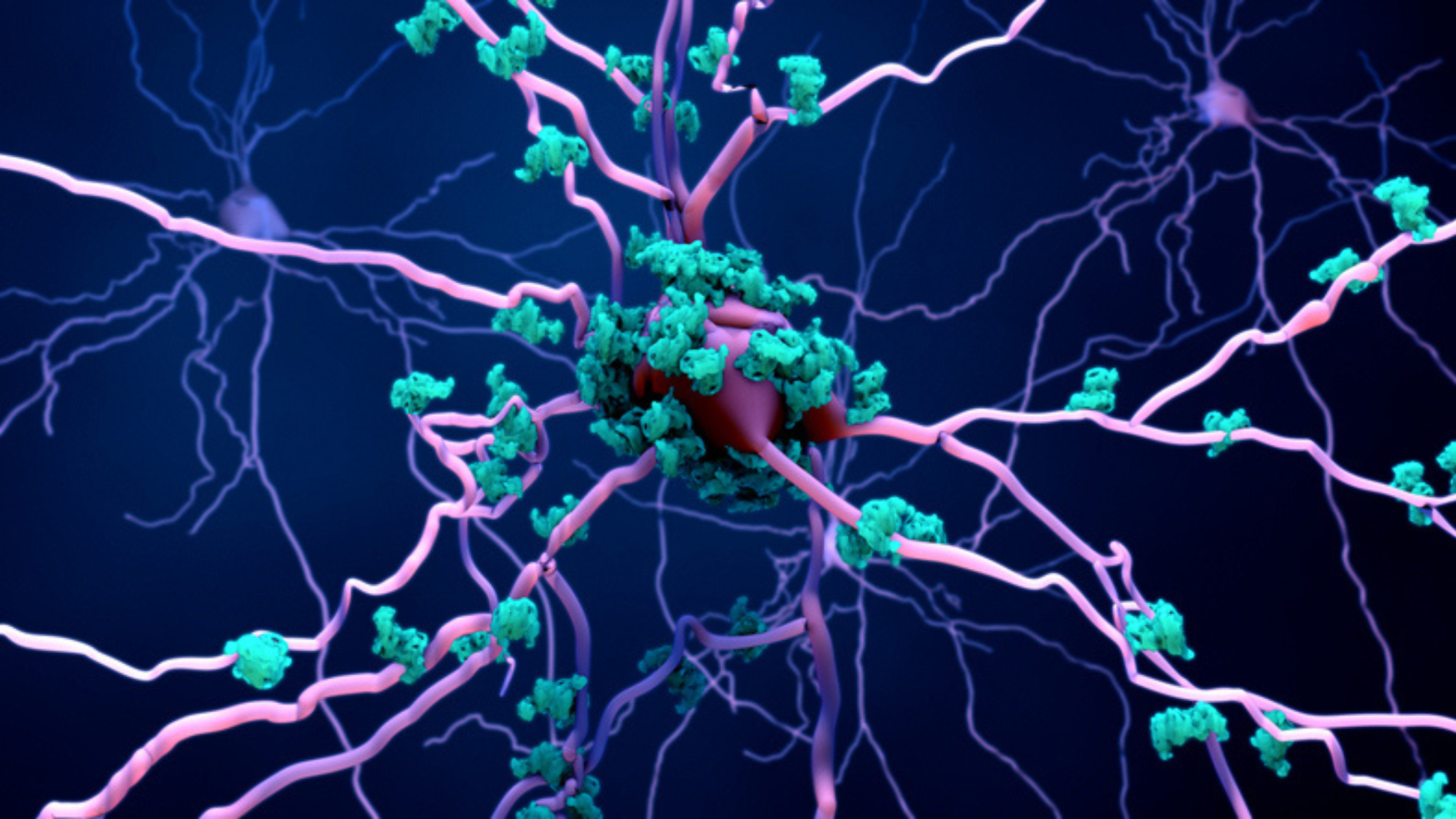Key Takeaways:
- Intermittent fasting enhances cellular repair processes like autophagy and improves mitochondrial function, slowing the effects of ageing.
- Recent research links fasting to reduced inflammation, improved insulin sensitivity, and neuroprotective benefits that promote longevity.
- Incorporating fasting into your routine can activate biological pathways associated with healthier, longer lives.
Did you know that intermittent fasting (IF) mimics the effects of calorie restriction, one of the only proven methods to extend lifespan in multiple organisms? From yeast to humans, fasting triggers cellular processes that combat ageing and support longevity. But how does this translate to your health? Let’s dive into the science of fasting and its impact on cellular ageing.
How Does Intermittent Fasting Work?
Intermittent fasting involves alternating periods of eating and fasting, with popular methods like the 16:8 (16 hours fasting, 8 hours eating) or 5:2 (two low-calorie days per week). These patterns reduce caloric intake while allowing the body time to repair and reset.
Cellular Rejuvenation Through Fasting
During fasting, your body switches from burning glucose to utilising stored fat, producing ketones as an energy source. This metabolic shift triggers autophagy, a cellular repair process that removes damaged components and supports tissue regeneration.
The Science Behind Fasting and Cellular Ageing
It’s amazing what your body can do when you take a break from eating. Intermittent fasting activates biological pathways that clean up damaged cells and energise your systems. Here’s a closer look at the science behind how fasting can keep your cells young and healthy.
Autophagy: The Cellular Cleanup Mechanism
Autophagy plays a critical role in maintaining cellular health by breaking down damaged organelles, misfolded proteins, and other cellular waste. Research published in Nature Cell Biology (2024) revealed that fasting increases levels of spermidine (found in our Longevity Blend), a compound that stimulates autophagy, reducing inflammation and oxidative damage (R).

Sirtuins: The Longevity Proteins
Sirtuins, a group of proteins activated by fasting, regulate DNA repair, metabolism, and stress resistance. Studies have linked sirtuin activation to extended lifespan in various species. These proteins also enhance mitochondrial efficiency, which is essential for energy production and reducing the accumulation of reactive oxygen species (R).
Fasting and Neuroprotection
Did you know that fasting doesn’t just benefit your waistline—it can also sharpen your mind? By boosting brain health and protecting against neurodegenerative diseases, fasting proves it’s as good for your mind as it is for your body. Let’s dive into the brain-boosting benefits.
Brain Health Benefits
Intermittent fasting has been shown to improve neuroplasticity, synaptic function, and adult neurogenesis. A 2024 study highlighted its role in increasing levels of brain-derived neurotrophic factor (BDNF), a protein that supports neuron survival and cognitive function (R).
Preventing Neurodegenerative Diseases
Fasting also reduces the risk of neurodegenerative diseases like Alzheimer’s and Parkinson’s by mitigating inflammation and oxidative stress, both major contributors to these conditions (R).
Metabolic and Inflammatory Benefits
When it comes to ageing, inflammation and metabolic health are major players. The good news? Fasting can help keep these in check, reducing your risk of chronic diseases while improving overall health. Let’s explore how fasting impacts these vital systems.
Improved Insulin Sensitivity
Intermittent fasting enhances insulin sensitivity, reducing the risk of type 2 diabetes and metabolic syndrome. Research in Nature Aging confirmed that fasting decreases levels of insulin-like growth factor 1 (IGF-1), a hormone linked to ageing and chronic diseases (R).
Lower Inflammation Levels
Chronic inflammation accelerates ageing and contributes to various age-related illnesses. Fasting reduces markers of systemic inflammation, such as C-reactive protein, and suppresses pro-inflammatory cytokines, promoting healthier ageing (R).

Practical Applications of Intermittent Fasting
Thinking of trying fasting but not sure where to start? Don’t worry—it’s easier than you think. From choosing the right method to making the most of your eating windows, here’s how to seamlessly fit fasting into your routine.
Choosing the Right Method
Start with a 12:12 pattern (12 hours fasting, 12 hours eating) and gradually extend fasting periods. Adjust your fasting window to fit your lifestyle while ensuring balanced nutrition during eating periods (R).
Supporting Your Fast
During fasting, drink plenty of water and herbal teas to stay hydrated. In eating windows, consume anti-inflammatory foods like leafy greens, nuts, seeds, and omega-3-rich fish to maximise the benefits of fasting.
Who Should Approach Fasting with Caution?
While fasting is beneficial for many, it’s not a one-size-fits-all approach. For some people, it may require extra care or even be unsuitable. Let’s explore who should proceed with caution and how to tailor fasting to your unique needs.
Special Considerations
Intermittent fasting may not be suitable for everyone. Pregnant women, children, and individuals with certain health conditions like hypoglycemia or cancer should consult healthcare providers before starting.
Customising Your Approach
Hormonal differences, stress levels, and activity patterns can affect how fasting impacts individuals. Customising fasting protocols ensures it aligns with your unique health needs.
The Future of Fasting and Longevity
What does the future hold for fasting? Scientists are discovering exciting connections between fasting and extended lifespans. While there’s still more to learn, the potential of fasting for longevity is only getting brighter. Let’s look at what’s on the horizon.
Ongoing Research
The DiAL-Health study and similar clinical trials explore how IF influences biological ageing and extends healthspan. These findings will help refine fasting protocols for optimal longevity (R).
A Promising Pathway
While more long-term human studies are needed, current evidence strongly supports intermittent fasting as a powerful tool for cellular health and ageing prevention.

What is the Best Fast for Longevity?
Drum roll.....the 16:8 method, is one of the most effective and sustainable options. This involves fasting for 16 hours and eating within an 8-hour window, allowing your body enough time to trigger autophagy and cellular repair.
If you’re new to fasting, starting with a 12:12 schedule and gradually increasing the fasting window can be a gentle way to ease into the practice. Pairing fasting with balanced nutrition and regular exercise can further enhance its longevity benefits.
Conclusion
Intermittent fasting offers a scientifically supported way to activate cellular repair, reduce inflammation, and boost metabolic and cognitive health. By adopting this practice, you can align with biological processes that promote longevity.
Curious to learn more about intermittent fasting? Click here to read more about the role autophagy plays.





